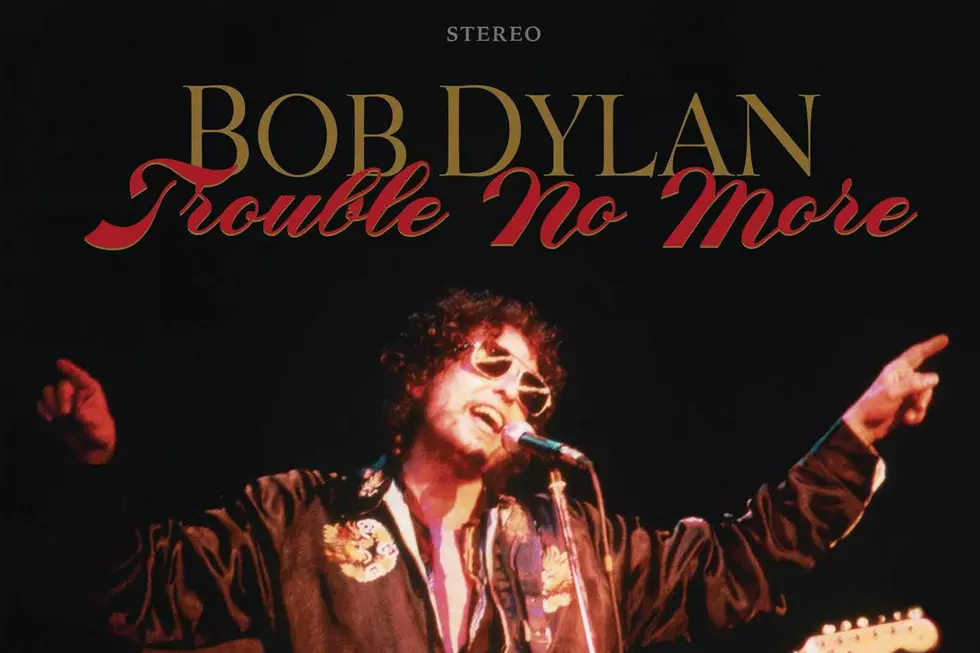By Nick Coke
This article first appeared in the January-February 2017 edition of ‘The Officer’ magazine and is re-published with permission.

Bob Dylan is my hero. There, I’ve gone and said it! Some might laugh at the suggestion, others cringe and perhaps there are even those who wonder who on earth he is. Let me help you understand.
Bob Dylan is an American singer and songwriter, born Robert Zimmerman in Minnesota in 1941. Rising to prominence as a folk singer, he is accredited as a pioneer of the 1960s counterculture and the voice of a generation. His early songs accompanied the civil rights movement, and he even shared a stage with Martin Luther King on the day the Rev King delivered his ‘I have a dream’ speech in 1963.
He famously abandoned his acoustic guitar in 1966 and went electric to the dismay of fans who proceeded to boo and heckle throughout his performances. Never one to be held back by the expectations of others he has constantly reinvented himself – folk singer, rock ‘n’ roll singer, country singer and then gospel singer. Jewish by birth, he ‘met Christ’ in an Arizona hotel room in 1978 and for the following four years would only compose and sing songs based on his new faith.
He’s never stopped writing songs, amassing over 500 of them, and performs up to 80 concerts each year. His latest and perhaps greatest achievement, at the age of 75, is the Nobel Prize for Literature in recognition of his poetic use of the English language.
I sometimes wonder what it is about this guy that I like so much. I can admire his courage to be different, his refusal to be categorised, his adventurous spirit navigating uncharted territory and at times his fearless social conscience. But I also have my doubts about some unappealing character traits and some terrible lifestyle choices.
In the end I think it is not so much the man I respect so much as his prophetic imagination. He has the uncanny ability to crystallize in song an idea, a mood and a feeling in the air. Like the men of the tribe of Ischasser, as mentioned in 1 Chronicles 12:32, he can ‘read the times’. Like the psalmists, he is uncompromising in his retelling of life as it really is, producing songs with shades of light and dark. While most people were composing 3 minute love songs and releasing novelty songs, he was writing about anger, loss, frustration and moral faithlessness alongside hope and faith. Like the prophets of old his songs are unafraid of speaking truth to power and exposing hypocrisy.
It is these qualities that lift Bob Dylan above the status of an entertainer. And how our world – both inside and outside the church – needs more than entertainers. I fear for a church and a society that elevates the golden voiced performer above the gravel voiced truth-teller. Sure, it is far easier on the ear. True, it is more comfortable. But unless we make space for the poets and prophets, the bards and the seers, we will disappear into a void of self-indulgence.
As theologian Walter Brueggeman likes to remind us: it is no accident that the Old Testament prophets spoke poetry. Their use of image, metaphor and allusion ensure their message cannot be domesticated or co-opted into the narrow prose of a dominating ideology. Reading between the Biblical lines the prophets often appear strange and un-endearing people to be around – but their message gave life! Their words opened up new worlds and possibilities for those with ears to hear, and their prophecies cast wondrous visions for those with eyes to see. They also disturbed the comfortable and broke the shackles of the status quo.
In this time, then – in our time – let us heed the words of the bard from Minnesota:
‘The line it is drawn
The curse it is cast
The slow one now
Will later be fast
As the present now
Will later be past
The order is rapidly fadin’
And the first one now will later be last
For the times they are a-changin’’
